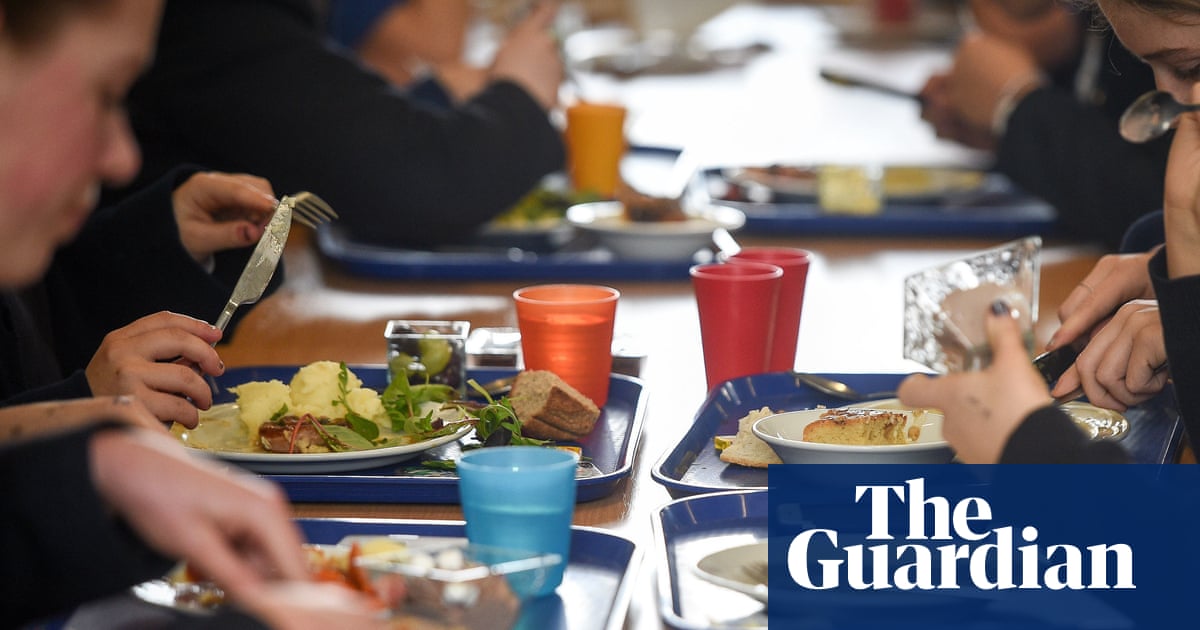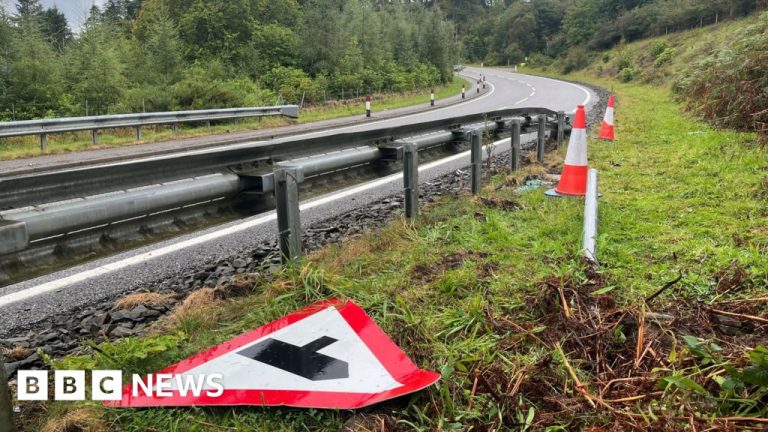
Parents across England are facing higher prices for school lunches as the new school year begins, with caterers blaming the government’s national insurance increase alongside rising food and energy costs.
Lunch providers say increases in staffing costs, including employer national insurance contributions announced by the chancellor last year, have added “significant extra pressure” to their budgets.
Food price inflation is also driving costs higher, pushing consumer prices above forecasts this summer. Prices for food and non-alcoholic drinks rose 4.9% in the year to July and are now 37% higher than five years ago, according to data from the Office for National Statistics.
Letters sent to parents informing them of price rises acknowledged the strain on families but said changes were unavoidable if catering services were to remain viable.
At Coleham primary in Shrewsbury, Shropshire, meals will rise by 10p a day to £2.60 from September 2025 because of “rising operational costs”. Bridge Hall primary in Stockport, Greater Manchester, said charges would rise by 8p to £2.73 – a 3.1% increase “in line with UK inflation”. Fernhurst Junior in Portsmouth confirmed a new daily rate of £2.86, and West Vale Academy in Halifax £2.60. Kingskerswell Church of England primary school in Newton Abbott raised costs to £2.75, up by 30p.
Ministers have promised to widen eligibility for free meals from 2026 but schools have said they cannot wait that long.
About a quarter of pupils in Englandcurrently qualify for free school meals, but campaigners say the government’s £2.61-a-meal funding is no longer sufficient, leaving schools to plug the gap.
“All schools will be navigating the impact of rapidly rising food costs,” said Paul Whiteman, general secretary of the school leaders’ union the National Association of Head Teachers. “Sometimes school dinners are the only reliable nutritious meal a child will get that day, so for this to be of worse quality or more expensive is extremely concerning.”
Judith Gregory, chair of LACA, which represents public and private sector caterers in schools, said they were “doing everything possible to shield families by streamlining menus, adapting recipes and finding efficiencies”.
But Gregory said caterers’ efforts were not enough, and schools were having to raise costs for others to cover the funding shortfall.
“Food inflation has driven up the cost of school meals by more than 20% since 2020,” she said. “Without urgent action to raise funding to at least £3.45 per meal, schools will be forced to reduce options or introduce less costly ingredients, while families just above the free school meal threshold face higher charges.”
Gregory said the recent increase in employer’s national insurance as well as annual pay increases for workers were adding “significant extra pressure” on top of already steep rises in food costs.
Barbara Crowther, the children’s food campaign manager at Sustain, a group advocating for food and agriculture policies and practices that enhance health and welfare, said the “true cost of a healthy, sustainable school meal” was now closer to £3-£3.20, depending on the size of schools and catering operations.
Campaigners argue that the higher charges will disproportionately affect low-income families, with many falling just below the threshold for free school meals.
“School leaders are deeply worried,” said Whiteman. “They are seeing more families struggling and more children living in poverty – child hunger is a real concern. There is only so long schools can keep swallowing the increases. For many, putting up the cost of meals is now the only option.”
The Department for Education said the government has taken “a historic step to tackle the stain of child poverty, offering free school meals to every child from a household that claims universal credit from the start of the 2026 school year”.
A spokesperson added: “The new entitlement will be fully funded and lift 100,000 children entirely out of poverty. To make sure meals are high-quality and nutritious, the government is working with experts to revise the school food standards, and we will continue to work closely with the sector to keep meal rates under review.”
The Guardian was unable to reach schools for comment.




